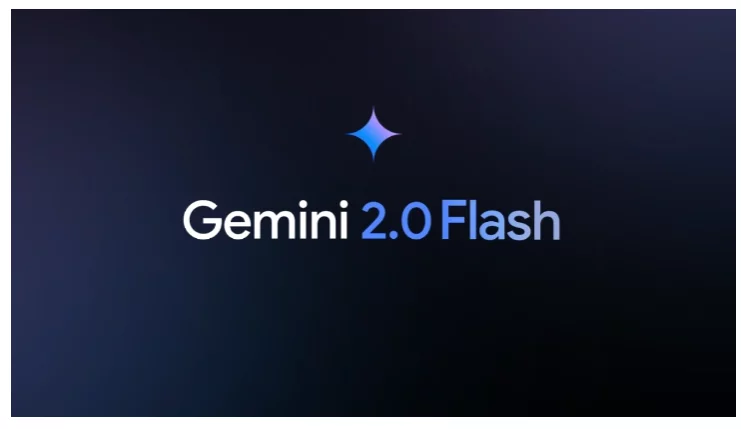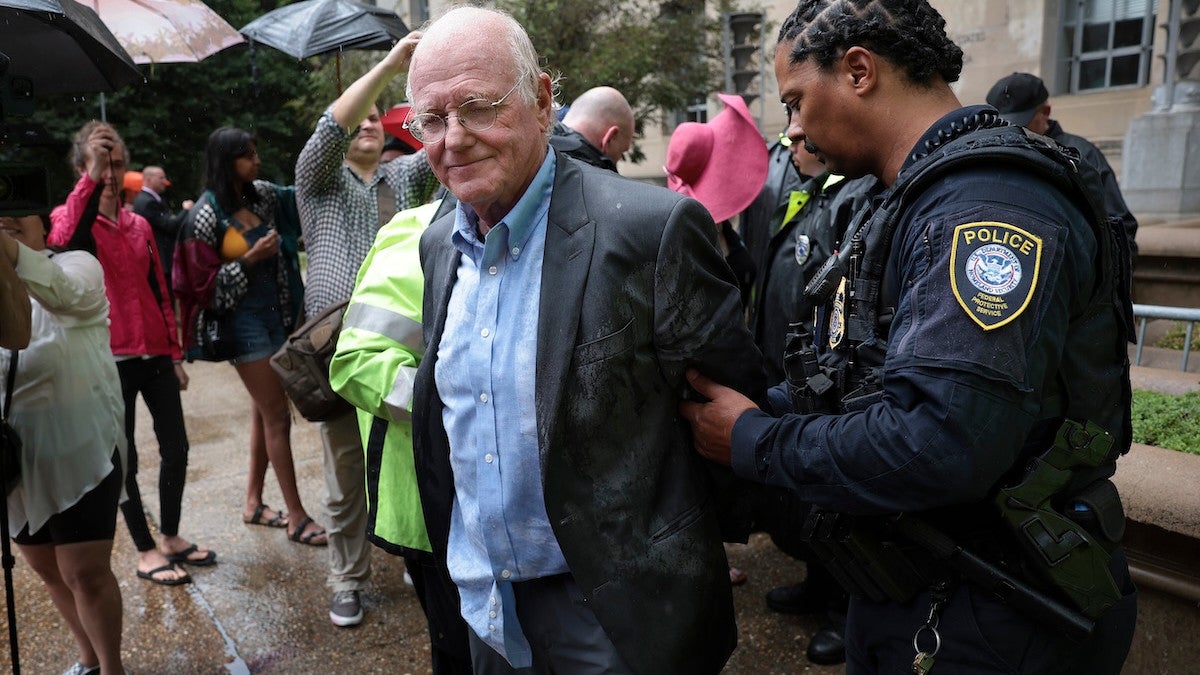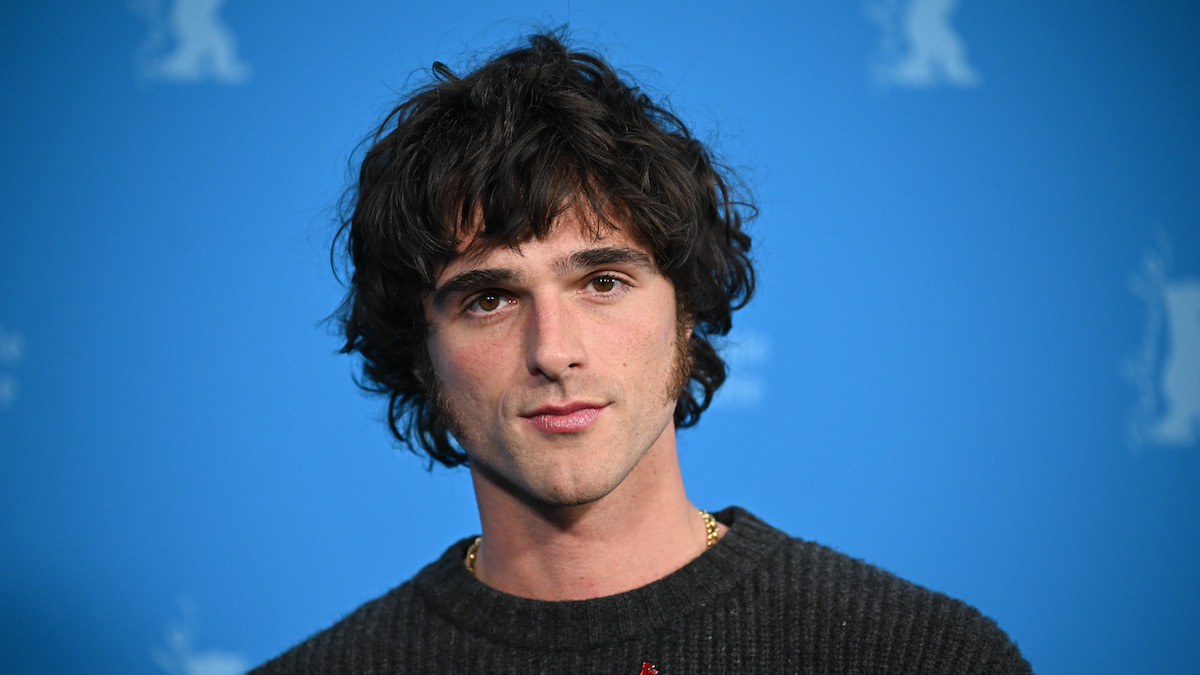Does Hollywood Need to Worry About a Charter-Cox Merger?
Any time distributors consolidate it signals a shift in leverage, but the early betting is that the $34.5 billion deal combining cable operators won't dramatically sway the balance The post Does Hollywood Need to Worry About a Charter-Cox Merger? appeared first on TheWrap.
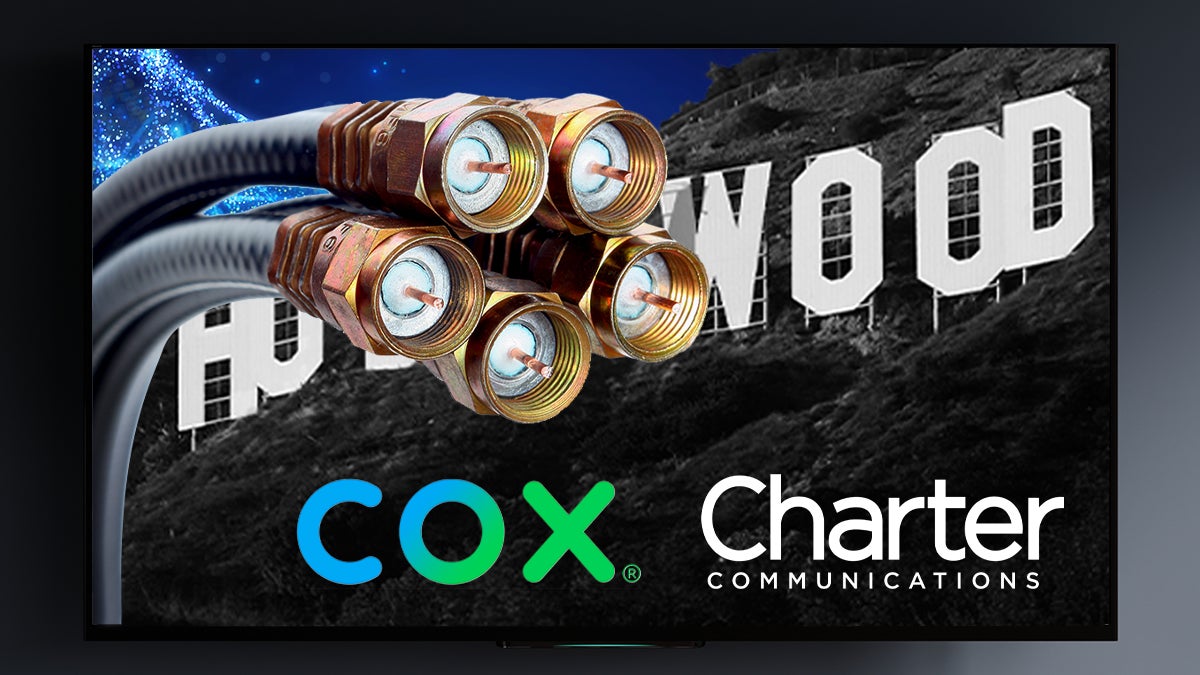
Any consolidation on the scale of Friday morning’s surprise announcement by cable giants Charter Communications and Cox Enterprises that they plan to merge in a deal valued at $34.5 billion counts as rarified M&A these days.
Combining the No. 2 and No. 3 players, by revenue, in an industry is certain to raise a few eyebrows, but especially in media and entertainment, where business seems balanced precariously between ever-shifting tectonic plates.
Technology, fickle consumer preferences and a nervous Wall Street were already playing the roles of disruptors, but throw in President Donald Trump’s chaos economy, and a shift of Charter-Cox’s magnitude is likely to raise anxiety levels.
But is it warranted?
First, it’s not a given the deal will win regulatory approval, even as Charter’s separate agreement to buy Liberty Broadband must also gain approval. Charter-Cox will likely get a green light in Washington D.C., since there’s not much overlap in businesses, and Comcast, Verizon and AT&T loom as big competitors. Friday’s FCC approval of the Verizon-Frontier Communications $20 billion combination certainly indicates the prevailing wisdom that Trump would make M&A easier might finally be taking hold, albeit while imposing conditions on issues like DEI.
Still, when two big distributors of cable channels and programming consolidate, the leverage in that often-contentious, two-sided relationship shifts. Industry experts, however, downplayed any significant impact for Hollywood, at least for now.
Part of that has to do with cable’s diminished role in the distribution ecosystem, amid cord-cutting and streaming, which continues to grow. The combined high-speed internet footprint of Charter and Cox would approach 40 million subscribers, something studios that are leaning on streaming will watch closely.
Together, Charter-Cox would be valued at $90 billion — or about 70% of the value of Comcast, their chief rival — and the deal would solidify Charter’s lead as the nation’s largest traditional cable provider, with more than 14 million cable TV customers.
Those who spoke to TheWrap said they do not expect the Charter-Cox combo to meaningfully affect how carriage deals are negotiated, or spur more mergers in the near future.

Here are some of the key issues the proposed agreement raises:
Carriage Negotiations
Multiple analysts said they do not expect this deal to meaningfully change the power dynamics of carriage deals.
The timing of the deal notably comes after the major media giants wrapped up their upfront presentations, where three of those companies offered new details on upcoming streaming offerings: Disney’s ESPN, CNN parent Warner Bros. Discovery and Fox Corporation. ESPN is already set to be included in Spectrum TV bundles as part of the carriage deal struck with Disney in 2023, and executives have said that the ESPN streamer, Fox One and CNN streaming product would be aimed at so-called cord-nevers and available for existing pay TV subscribers.
“Charter’s video partners may squawk a little if Charter’s carriage terms are better than Cox’s, but Charter has shown itself to be more committed to preserving video than any of its cable peers,” said analyst Craig Moffett, “so it is likely going to be viewed as a welcome development for media.”
The deal gives the new Charter-Cox cable operation — which will go by the Spectrum named used by Charter — more weight to toss around, clearly. But analysts do not believe that will be enough to alter how media providers and distributors do business.
“The programmers understand we’re trying to grow this business,” Charter CEO Chris Winfrey maintained on Friday. “There’s no better economic way for them to have programming delivered to customers than through the (cable) relationship that we offer and the integration of seamless entertainment.”
In addition, bundling will still be a priority as a business strategy.
“This will have limited impact on carriage negotiations, as it only increases Charter’s video base by about 13%,” Bruce Leichtman, president of Leichtman Research Group, said. “Recently, Charter has been more focused on bundling mobile phone as well as video with their broadband internet service than Cox has, so they will likely bring these more bundled offers to Cox’s consumers, and continue to work with programmers on packaging their streaming services into the ‘cable TV’ packages.”
Media analyst Dan Rayburn agreed, saying this “doesn’t help at all” when it comes to future negotiations. He pointed to the tense Disney-DirecTV carriage dispute last year, which saw channels like ESPN and ABC go dark on DirecTV for a few weeks, as a sign of the times; the threat of having customers cut the cord and move to services like YouTube TV is too much of a threat for legacy providers to drive a hard bargain.
Could This Spur More Deals?
The year has gotten off to a slow start on the mergers and acquisitions front, with M&A activity down 40% a few months into 2025.
Analyst Moffett, co-founder of MoffettNathanson, told TheWrap it would be “a mistake to think that this is the opening bell for a round of consolidation.” Moffett said other media giants will be watching to see how this works its way through the regulatory process before taking action on any potential deals.
Another roadblock to further consolidation: There are not many pieces out there like Cox — a private company with a large customer base that is big, but not so big that it thwarts any deals from being made.
“Cox was pretty much the only player of size that might be sold,” Jeffrey Wlodarczak, a senior media analyst with Pivotal, told TheWrap. “There was some conjecture that maybe Comcast and Charter might merge cable operations, but that is unlikely anytime soon.”
Moffett was on the same page as Wlodarczak.
“I suppose there’s always the chance that Comcast could follow suit with an acquisition or two of their own,” Moffett said. “But there is nothing out there that is similarly large and attractive, and there is certainly no need for Comcast to do anything at all. I don’t expect them to.”
One area where it will have an effect on M&A: Accelerating the closing of Charter’s previously announced acquisition of Liberty Broadband. The latter also said it would throw its voting support behind the Charter-Cox deal and that three of its nominees on Charter’s board will resign at closing of the Liberty-Charter deal. That acquisition, which is subject to a spin off of Liberty Broadband’s GCI business, an Alaska communications operator, and other conditions, is expected to occur in summer 2025.
Winfrey said the Cox family would own 23% of Charter’s outstanding shares and “effectively take Liberty’s place as long-term capital.” Advanced Newhouse and billionaire cable mogul John Malone will remain Charter shareholders.
Regulatory Hurdles?
Will the Charter-Cox deal have a tough time making it past government regulators? Most likely not, analysts told TheWrap, although the Trump administration hasn’t been above seeking concessions in exchange for approval.
Wall Street seemed to look on the deal favorably, with Charter’s stock closing nearly 2% higher on Friday (Cox is privately held).
“Charter’s litigation exposure is largely in check. Internet-service providers have successfully challenged the FCC’s broadband rules, and there’s virtually no chance the rules will be revived under the Trump administration,” Bloomberg analyst Geetha Ranganathan said in a client note on Friday.
Rayburn added that it was “very odd” that the Charter-Cox announcement did not mention regulatory approvals; most releases typically give a guidance of 12-24 months on deals closing, based on receiving the regulatory green light.
He said he expects this deal to receive a decent review from regulators too, but that the companies may have already received behind-the-scenes hints that the deal will be approved. Cox’s customer base and limited reach — it offers cable in 18 states — is likely not big enough to drive serious antitrust concerns from the Justice Department, he added.
He continued: “For all we know, Charter and Cox have already talked to some [regulators], and they’ve just been like, ‘Hey, listen, I’m gonna look at it, but we don’t see this being a problem because of the size of Cox and how small they are,'” Rayburn said.
The post Does Hollywood Need to Worry About a Charter-Cox Merger? appeared first on TheWrap.







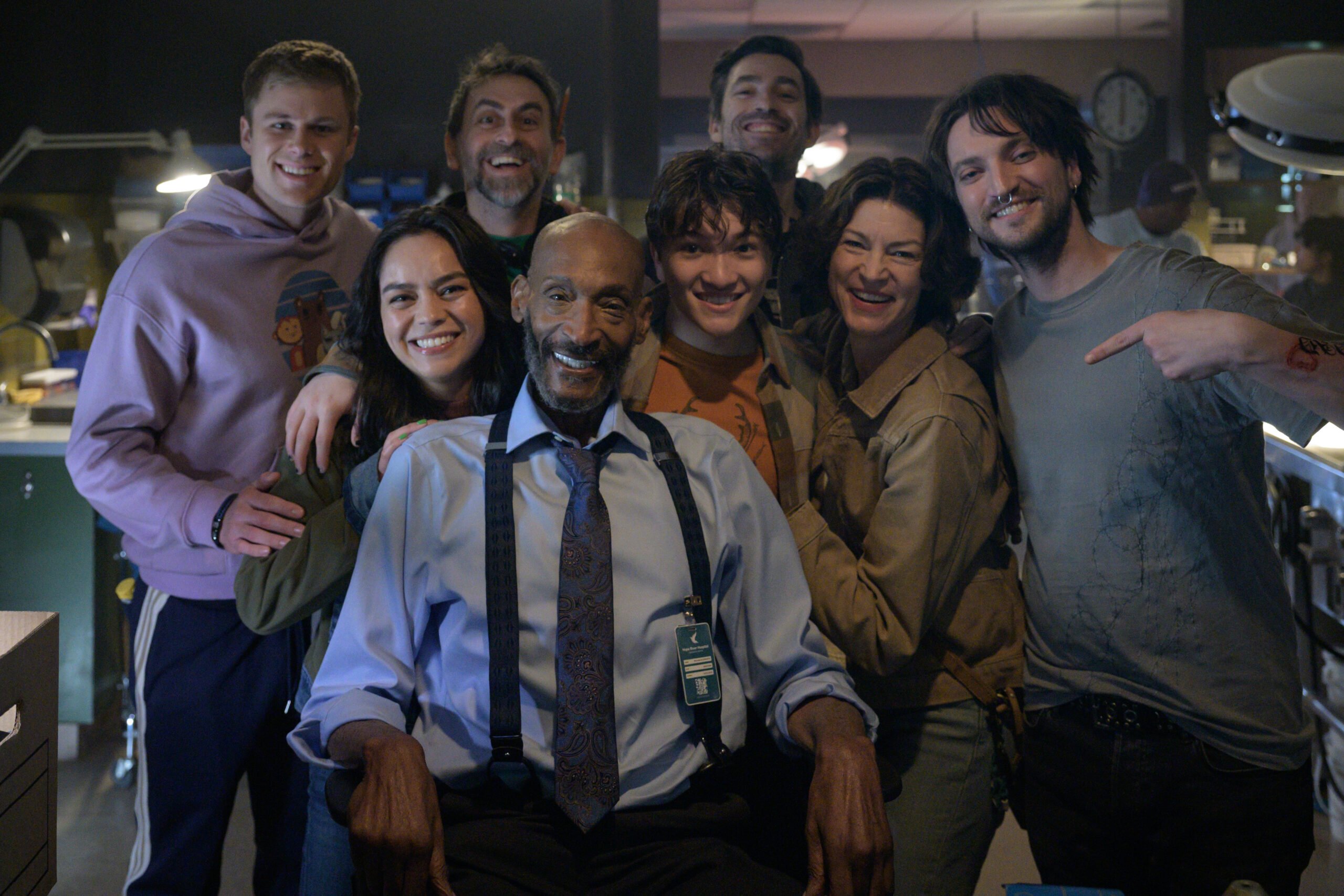































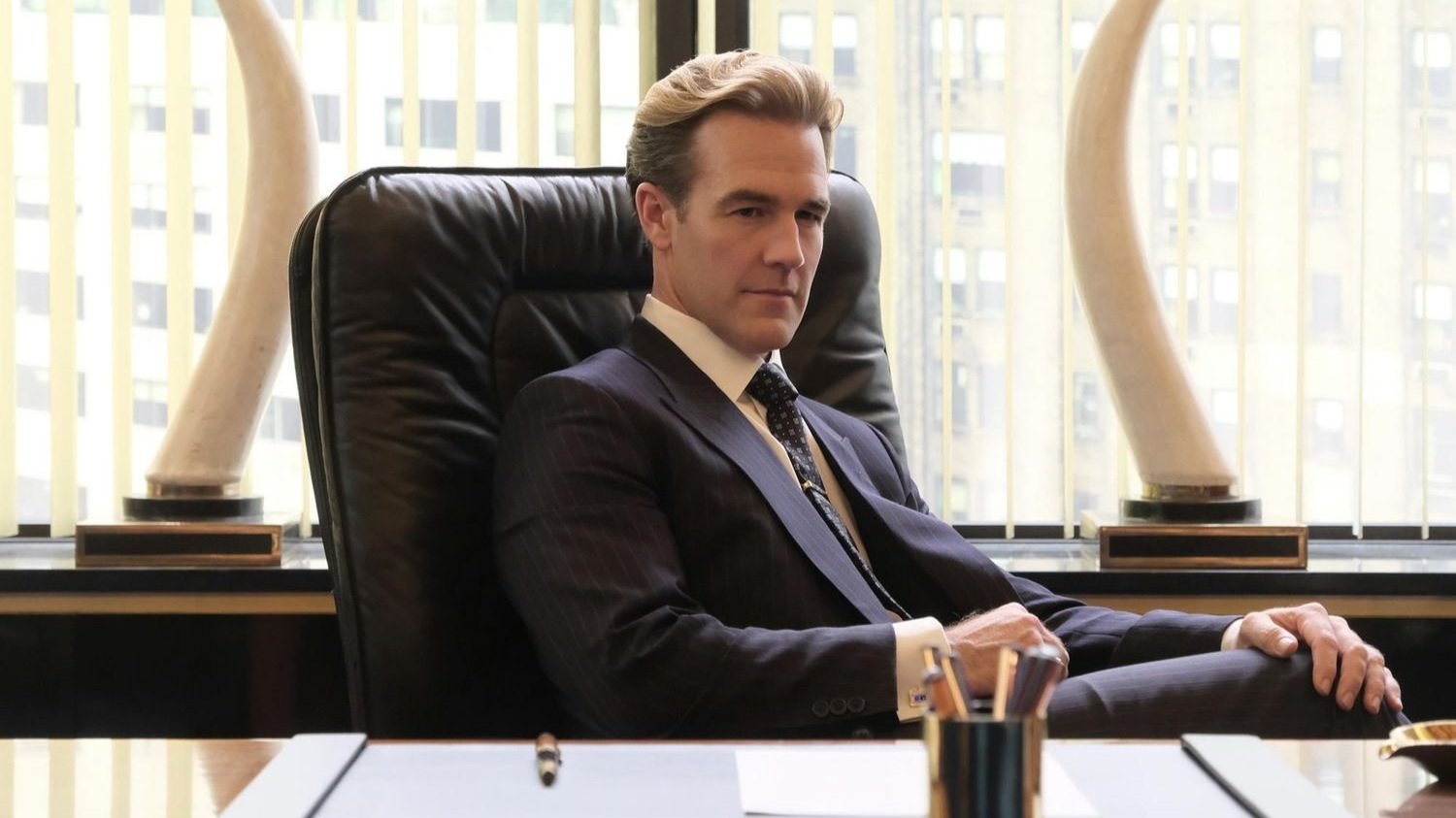












![Charming Curse [THE CURSE OF THE JADE SCORPION]](https://jonathanrosenbaum.net/wp-content/uploads/2011/04/the_curse_of_the_jade_scorpion-poster.jpg)

![Pieces of Masterpieces [MEDEA & SUNDAY]](https://jonathanrosenbaum.net/wp-content/uploads/2011/04/medea.jpg)

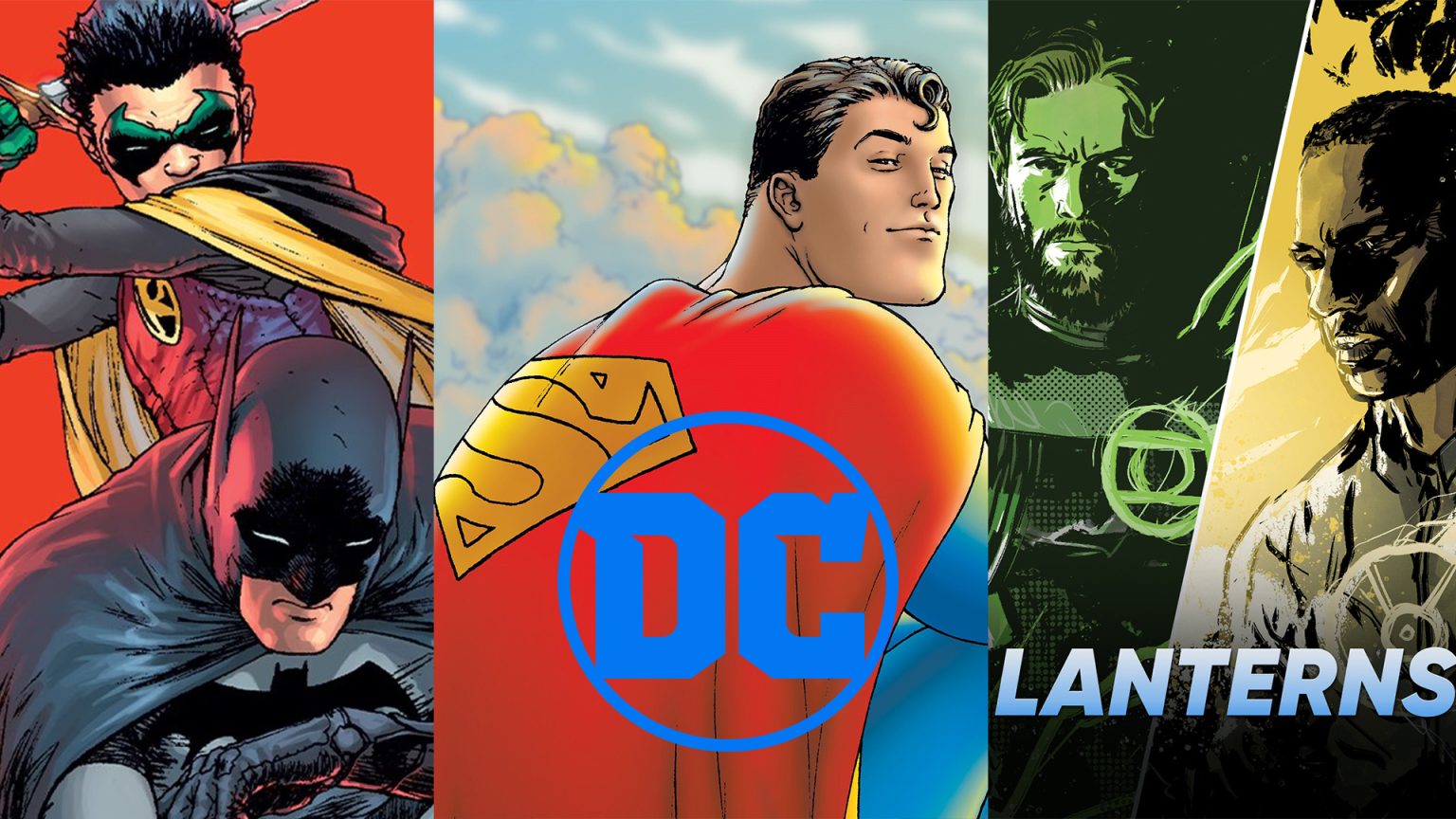
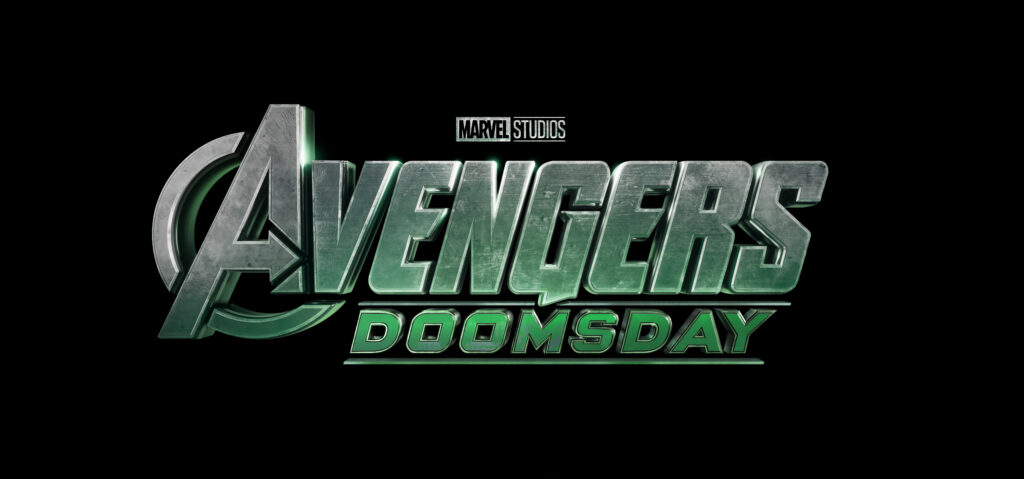



































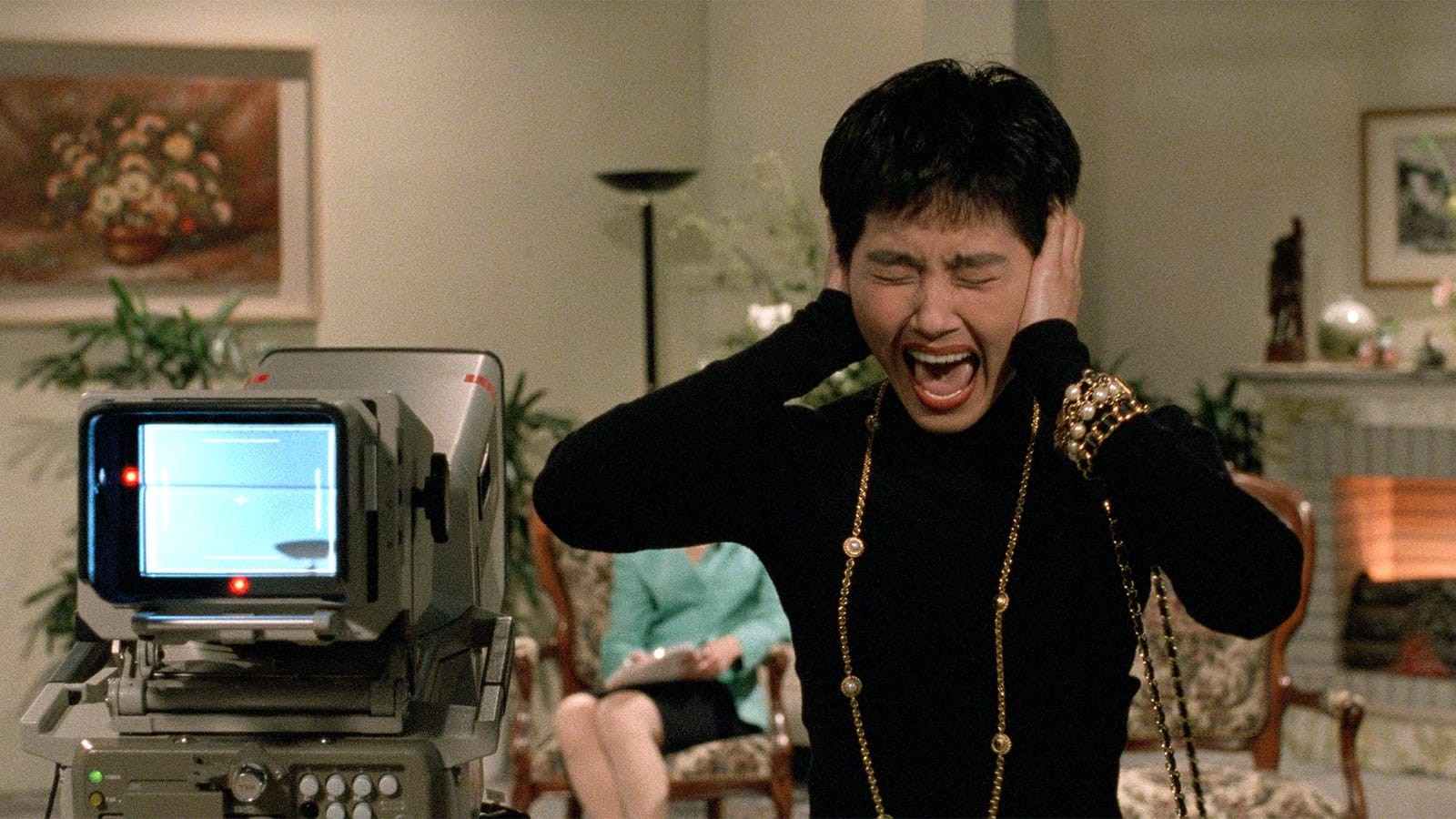

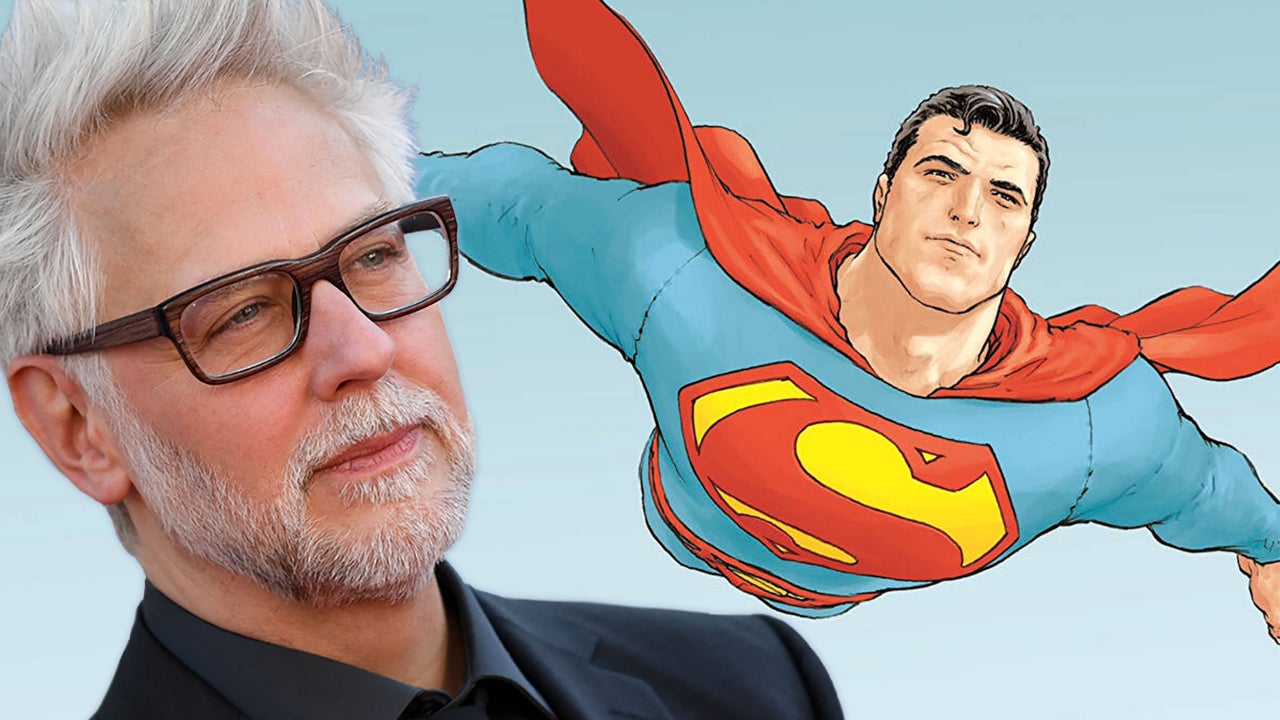



![‘Arco’ Review: Ugo Bienvenu Animates An Inspired Vision Of The Future [Cannes]](https://cdn.theplaylist.net/wp-content/uploads/2025/04/28172502/ArcoCannes2025.jpg)

![‘Two Prosecutors’ Review: Sergey Loznitsa’s Totalitarian History Lesson Simmers In Hard Truths [Cannes]](https://cdn.theplaylist.net/wp-content/uploads/2025/05/13014521/TwoProsecutors.jpg)








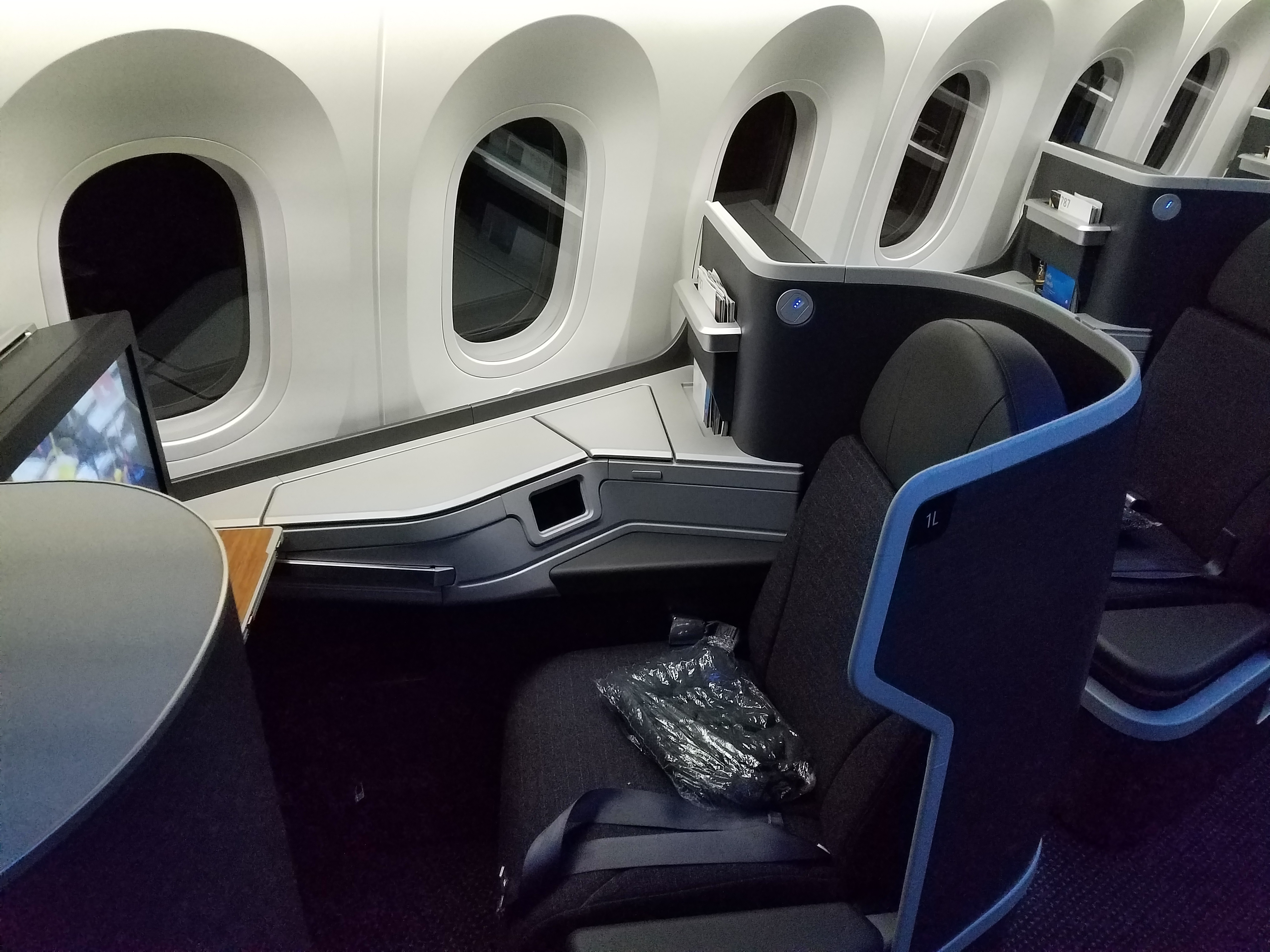
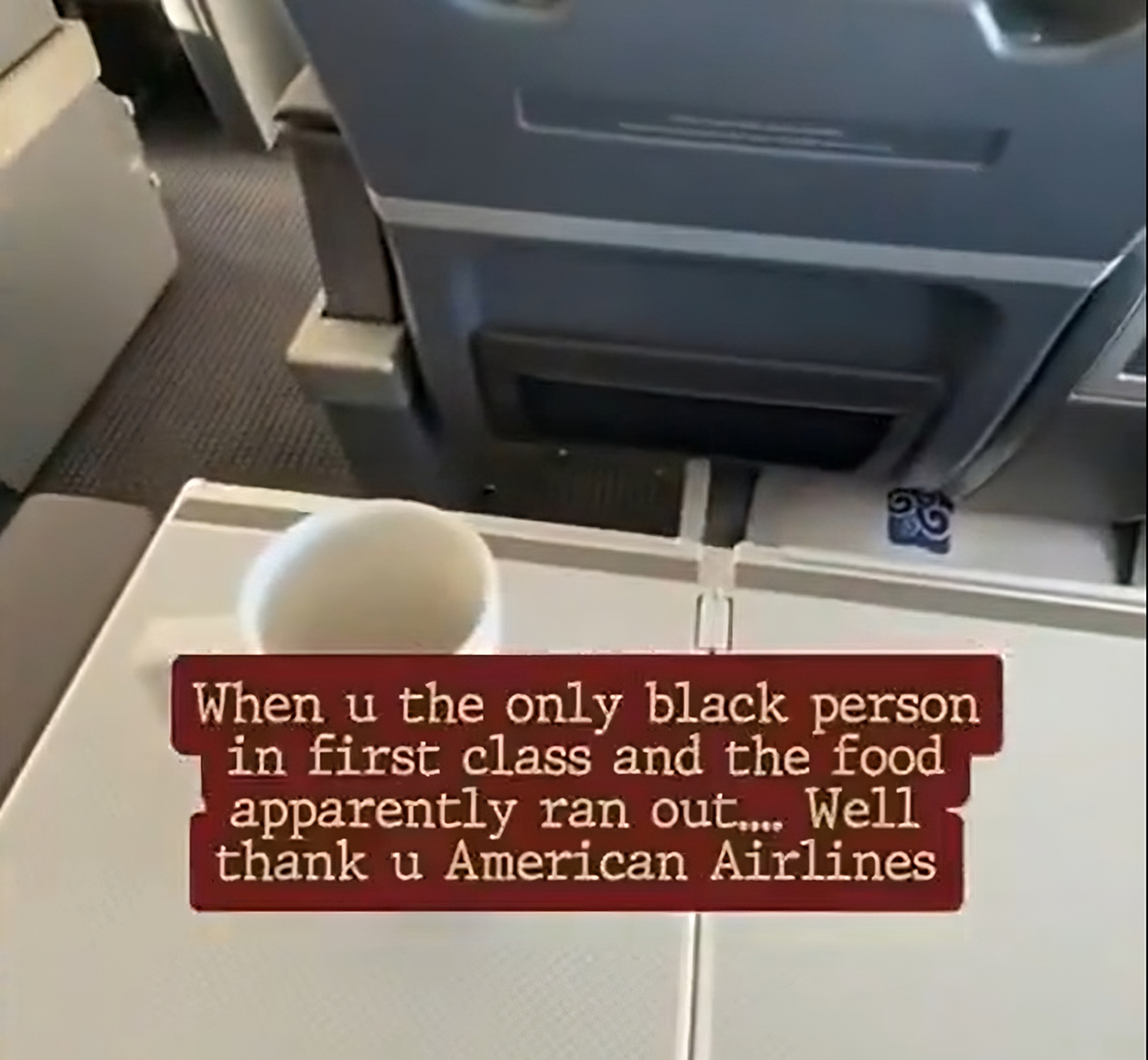
















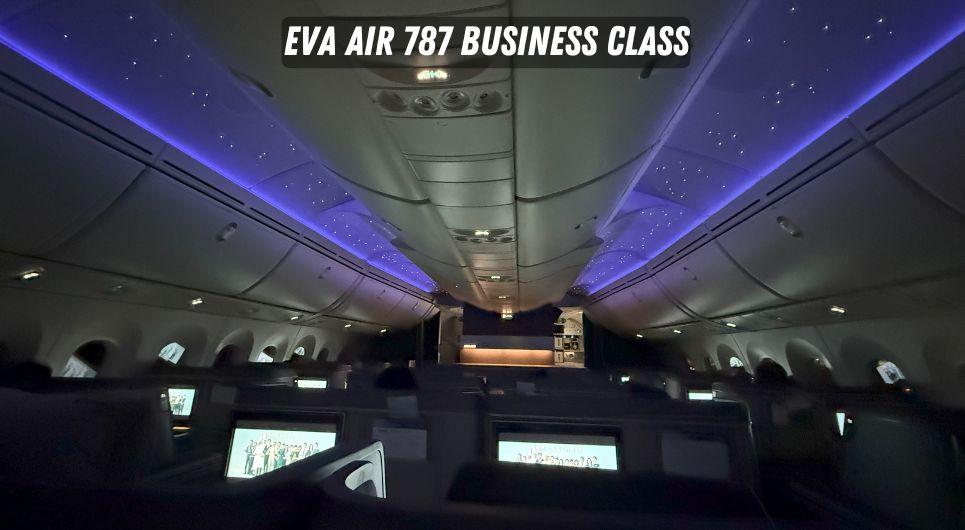




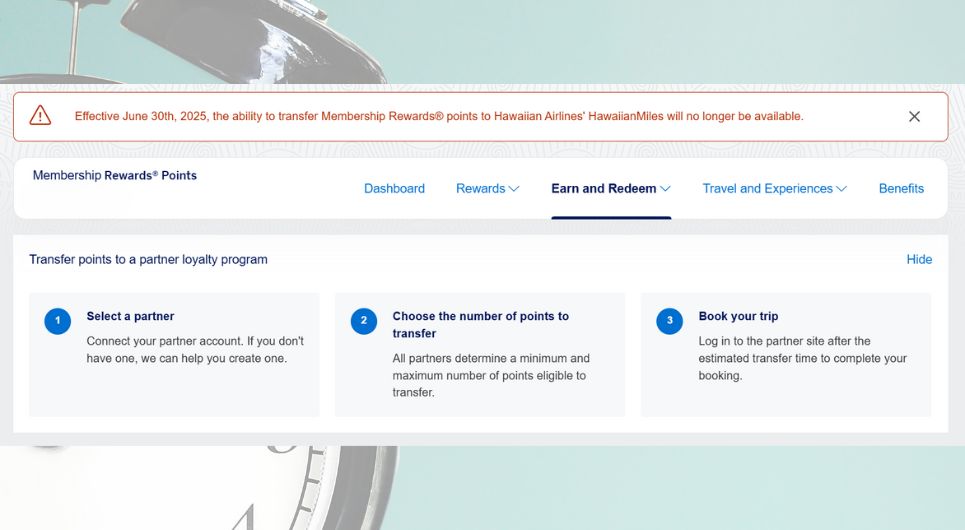







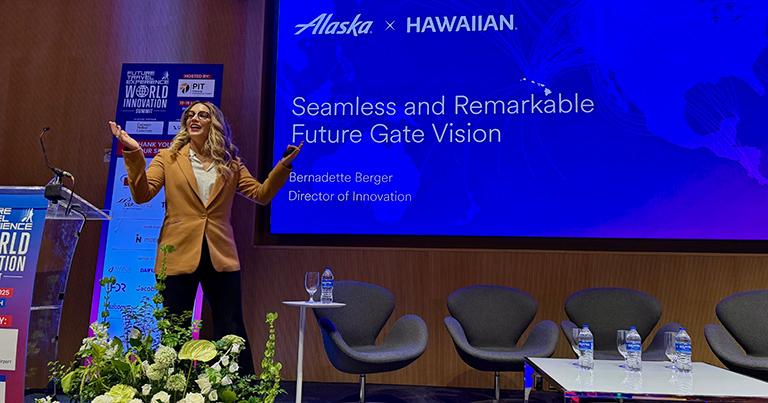


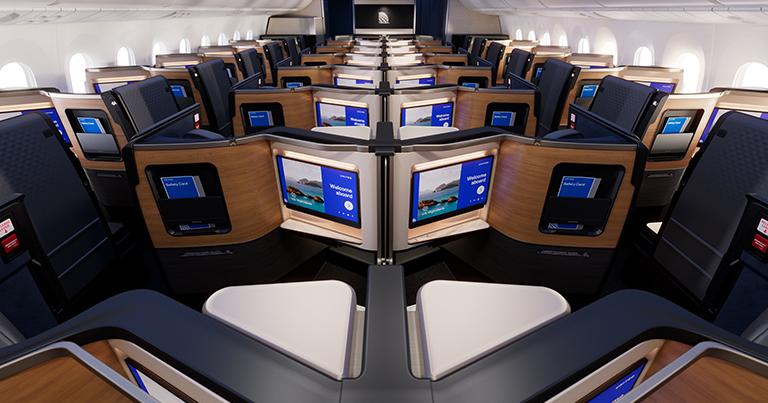






























































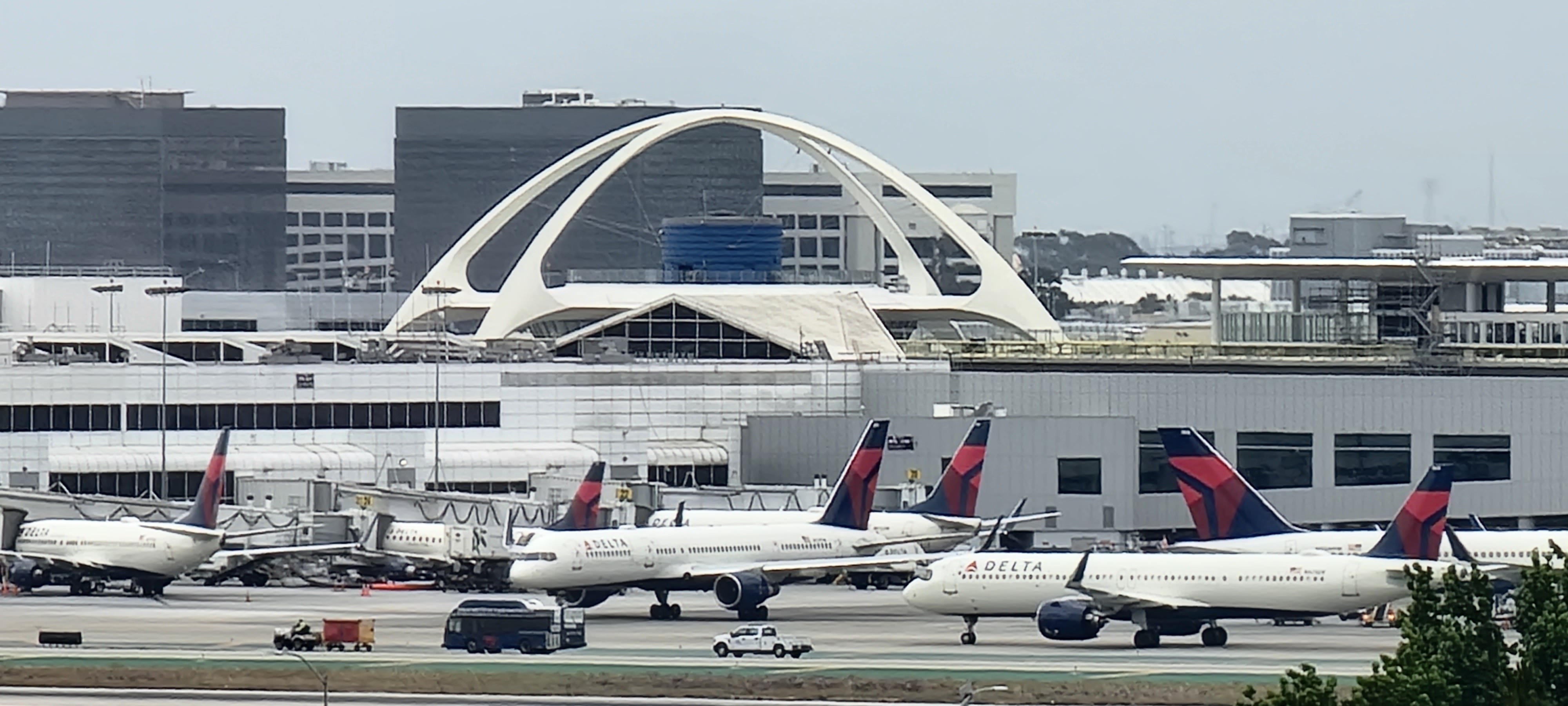





































































































































































![[Podcast] Making Brands Relevant: How to Connect Culture, Creativity & Commerce with Cyril Louis](https://justcreative.com/wp-content/uploads/2025/05/cyril-lewis-podcast-29.png)







